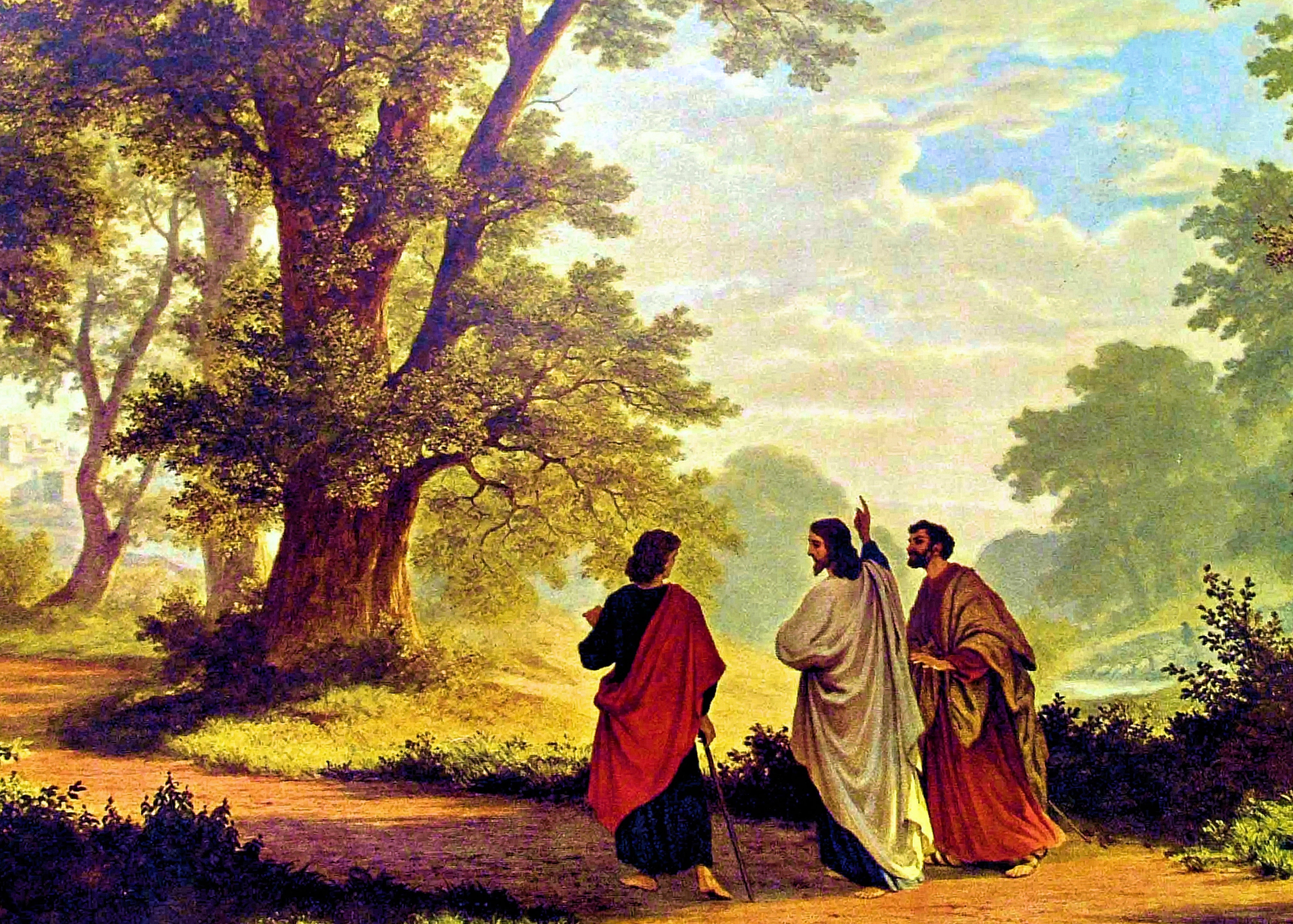The Gospel today makes us ask ourselves one key question, an important question in the Easter Season: how would you react if Jesus appeared to you?
Would you recognize him? In the First Reading Saint Peter tells the Jews that they didn’t recognize the author of life, their redeemer, and handed him over to suffer and die. He also said that it didn’t matter, if their hearts were open, now that they knew. God was ready to forgive them for their ignorance, and the way to receive that forgiveness was by receiving Baptism to wipe away their sins.
Does the thought of meeting with him at the end of your life fill you with fear? In the Second Reading Saint John reminds us that we have Our Lord as our Advocate to stand up for us, and that Our Lord makes expiation for the sins of the whole world. Our sins and the price of them is what fills us with fear, but Jesus has wiped away those sins, if we open our hearts to him. To recognize Jesus when we meet him is one thing, to know him is another. We have acquaintances in our life, and we have friends. Saint John tells us how we truly know God: by keeping his commandments. Jesus at the Last Supper gives the greatest commandment, the commandment that shows we are his friends: to love one another as he has loved us. Saint John also reminds us that whoever keeps God’s word, the love of God is truly perfected in him.
Would you be afraid of him, whenever he appeared? For the disciples in the Gospel today, the first thought that came to their minds was, “a Ghost!” We could have that same reaction: Jesus as someone from the past, someone dead, coming back to haunt us for what we’ve done to him. However, he tells them, and he tells us, “Peace Be With You,” and shows the wounds in his hands and feet to show that his suffering wasn’t just a dream, it really happened, and, in spite of that, he wants peace with us (see John 20:19-21).
As Christians we know that his next coming will be in glory to the whole world. We also know that we’ll see him face to face one day, each of us, when we die. However, he does “appear” to me, even now. He appears whenever I follow my conscience, love, and don’t sin. He appears to me in the Eucharist every time I come to Mass and receive him in Holy Communion. He appears to me every time I go to the sacrament of Reconciliation and tell him I’m sorry for sinning and for not loving him as I should. In these encounters with Our Lord we prepare for that big encounter one day when we’ll see him just as he appeared to the apostles in today’s Gospel, and we’ll be filled with joy, not fear.
Jesus comes to us in the sacraments and gives us a chance to recognize him, to know him, and to re-establish our friendship with him again whenever we stumble or fall. Whenever we come to Mass, the first thing we do is the Penitential Rite, and when we encounter Our Lord by receiving the Eucharist, he keeps us from falling when we stumble, and makes sure we stay on our feet. Every time we come to the Sacrament of Reconciliation, whether we are stumbling, flat on the ground, even spiritually dead inside, he comes to us and pulls us back on our feet. We have to help him do that by opening our hearts, by loving him and helping him, by being sorry for what we’ve done, otherwise it’s like he’s trying to lift us up, and we’re trying to pull him down onto the ground, or we just don’t want to get up.
Readings: Acts 3:13–15, 17–19; Psalm 4:2, 4, 7–9; 1 John 2:1–5a; Luke 24:35–48.

